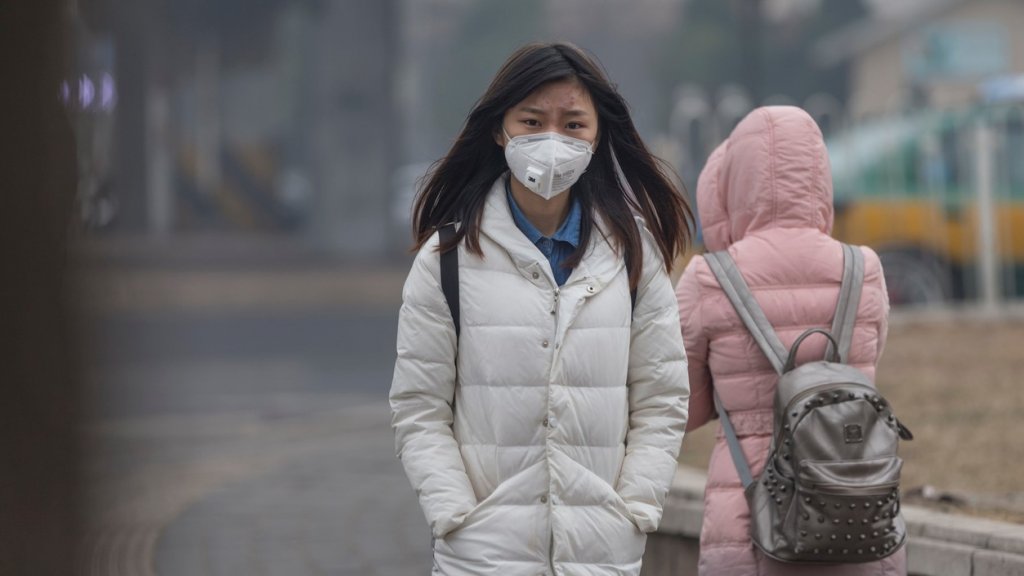
What a difference a month makes. Weeks ago, we were going about our lives as normal, with many of us giving little thought to how the coronavirus would affect us in the UK.
And now?
Well, we are beginning to understand the full extent of the virus. Hundreds of lives have been lost here in the UK, businesses have faced closure, and many of us are now living with rules around social isolation and distancing.
When will it ever end?
We don’t know, nobody does, but one thing is for certain. You can help.
How can you help?
For all we know, you might be on the frontline in the battle against the coronavirus. If so, we salute you, whether you’re working within the health profession caring for sick patients, managing the streets of the UK as a police officer, or doing something else besides.
Heck, you might even be a scientist researching cures and vaccinations, investigating such strategies as deuterium depletion in the battle against the disease. Here is your source for deuterium labelled compounds if you are. Thank you for your service!
On the other hand, you could be like the majority of us, an everyman (or woman), living day to day wondering what you can do to help in the fight to stop Covid-19. If so, there are some very practical things you can do.
Such as?
#1: Stay indoors as much as possible
Seriously, this is probably the best thing you can do. Boris has given us lockdown rules for a reason, and that is so we can keep each other safe. By avoiding contact with others, you are protecting yourself, and you are protecting the lives of others.
Sure, it sucks. You might not be able to visit your distant family members or friends, but you still have the phone and FaceTime. Talking of which…
#2: Stay in touch with those who need emotional support
Okay, so you can’t visit people right now, but you can communicate through phone calls, social media, and video messaging. And communicate you must, not only for your own social and emotional needs but for the needs of others too.
So, if you know anybody who is living alone right now, get in touch with them if you can. Do the same for people you know who are prone to depression, who are anxious about life under quarantine, and who simply need a friend to tell them ‘this will pass eventually.’ In short, be that emotional crutch that some people in your life might need.
#3: Be a good neighbour
Now, while you can’t pop round to see your neighbour for a cup of tea at the moment, you can still offer support. If you know of people near you who are unable to shop for themselves, send them a message via phone, social media (or by shouting to them over the fence) and offer to pick things up for them.
From toilet rolls and hand sanitizers to loaves of bread and milk, be the person who delivers to others in as safe a way as possible. And smile and wave hello to your neighbours, especially those who are alone, as any kind of contact, no matter how distant, can make all the difference.
#4: Support researchers
You might not be a researcher working hard to stem the outbreak, but you can help the people who are.
Online surveys are popping up all the time at the moment asking for your support, and as this article in The Guardian reports, you can also download an app – the Covid System Tracker – to share data that can benefit those looking to halt the pandemic.
Download it, and if a survey pops up on social media or on your favourite websites, spend a few minutes answering the questions asked.
And so…
Unless you are working on the frontline during this time of crisis, you might have assumed you had nothing much to offer in the way of help.
Well, that’s simply not true. So, consider our suggestions, research other ways you might be able to help, and take care of yourself, as remember, you need to look after your own needs too.